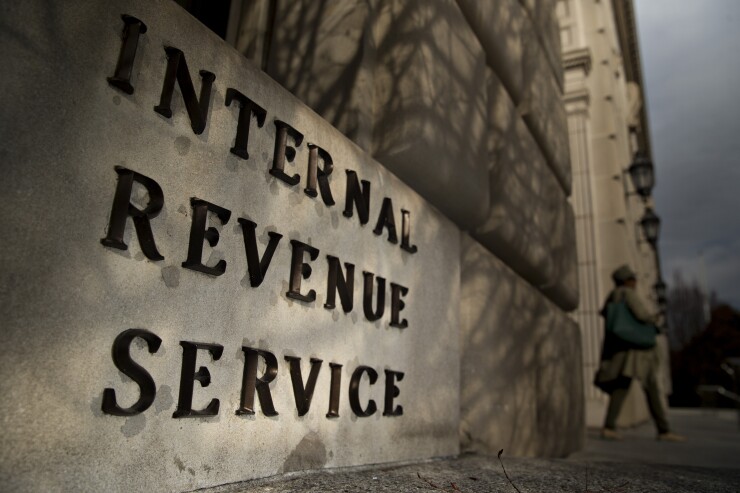The Internal Revenue Service
The Tax Cuts and Jobs Act of 2017 prohibited individual taxpayers from claiming miscellaneous itemized deductions for any taxable year starting after Dec. 31, 2017, and before Jan. 1, 2026.
The new proposed regulations say the following deductions are permissible in calculating adjusted gross income and aren’t considered to be miscellaneous itemized deductions:
- Costs paid or incurred in connection with the administration of the estate or trust which would not have been incurred otherwise;
- Deductions concerning the personal exemption of an estate or non-grantor trust;
- Deductions for trusts distributing current income;
- Deductions for trusts accumulating income.
The proposed regs also clarify how to decide on the character, amount and manner for allocating excess deductions that beneficiaries who receive the property of a terminated estate or non-grantor trust can claim on their individual income tax returns.






